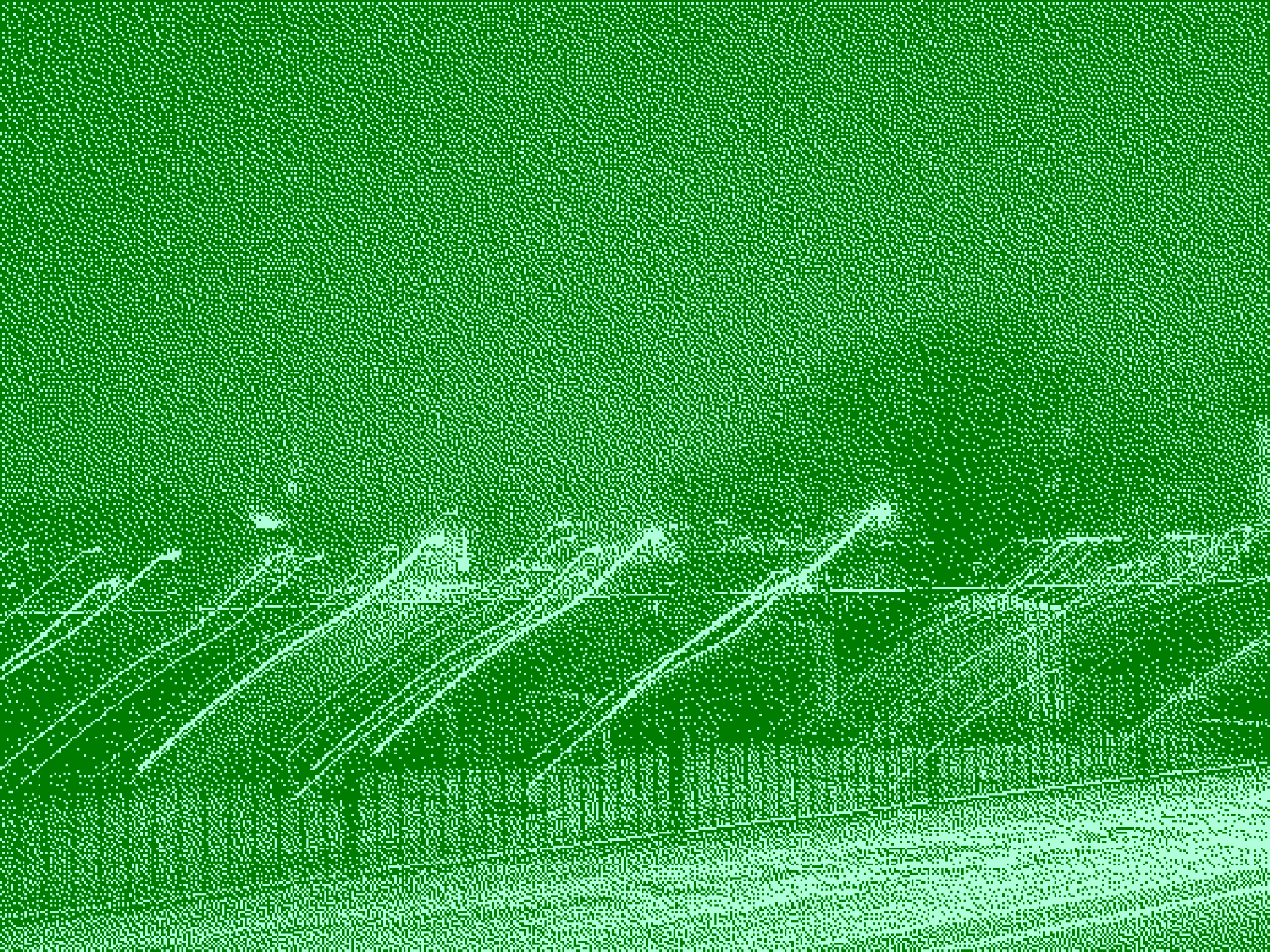And That Has To Be Enough
I don’t think that people on our side have any right to assume a good outcome. I think that the real, authentic motive for doing what we’re doing is because it’s right. And that has to be enough. If we have to have some guarantee that it’s going to be effective, sooner or later, we’ll become discouraged and quit.
Wendell Berry
from an interview concerning protests
Wendell Berry
from an interview concerning protests

We Possess No Other Life
It would be futile to turn away from the past and think only about the future. It is a dangerous illusion to believe that there is even a possibility. The opposition between the past and the future is absurd. The future brings us nothing, gives us nothing; It is we who, in order to build it, must give it everything, give it our life itself. To give we must possess, and we possess no other life, no other sap, than the treasures inherited from the past and digested, assimilated, recreated by us. Of all the needs of the human soul, there is none more vital than the past.
Simone Weil
from L'enracinement
Simone Weil
from L'enracinement

No Longer a Place But a Condition
At the beginning of the twenty-first century, a decentralised urban landscape emerged in which the differences between centre and periphery, city and country and culture and nature are no longer clearly defined. The city no longer seems a place but rather a condition. According to the Italian urban planner Stefano Boeri, “the city has exported its genetic code”. Furthermore, since an urban culture has also settled in rural areas, nature has become, to a large extent, an urban artefact. City, suburb, countryside and nature are all touched by human management. All have become cultural landscapes. The contemporary city no longer stands opposed to nature, but encloses large parts of it.
Steven Jacobs
from The Photoresque: Images Between City and Countryside
Steven Jacobs
from The Photoresque: Images Between City and Countryside

A Manifesto of Questions
Who owns rural america?
Who does not own rural america?
Where is rural america? What is rural america?
Is rural america at the edge of some center of america? If so, where is the center?
Are there multiple centers? Are there multiple edges?
What happens at the center that does not happen at the edges?
What happens at the edges that does not happen at the center?
What is gained when someone moves something from the edges into the center? What is lost?
What is lost when someone moves something from the center to the edges? What is gained?
More
Who does not own rural america?
Where is rural america? What is rural america?
Is rural america at the edge of some center of america? If so, where is the center?
Are there multiple centers? Are there multiple edges?
What happens at the center that does not happen at the edges?
What happens at the edges that does not happen at the center?
What is gained when someone moves something from the edges into the center? What is lost?
What is lost when someone moves something from the center to the edges? What is gained?
More

Fidelity to a Place
“Returning to the Kentucky landscape of my childhood and most importantly to the hills, I am able to reclaim a sublime understanding that living in harmony with the earth renews the spirit. Coming home to live in Kentucky was for me a journey back to a place where I felt I belonged. But it was also returning to a place that I felt needed me and my resources, a place where I as a citizen could be in community with other folk seeking to revive and renew our local environment, seeking to have fidelity to a place. Living engagement with both a specific place and the issue of sustainability, we know and understand that we are living lives of interdependence.”
Bell Hooks, Belonging, 2009
Bell Hooks, Belonging, 2009
